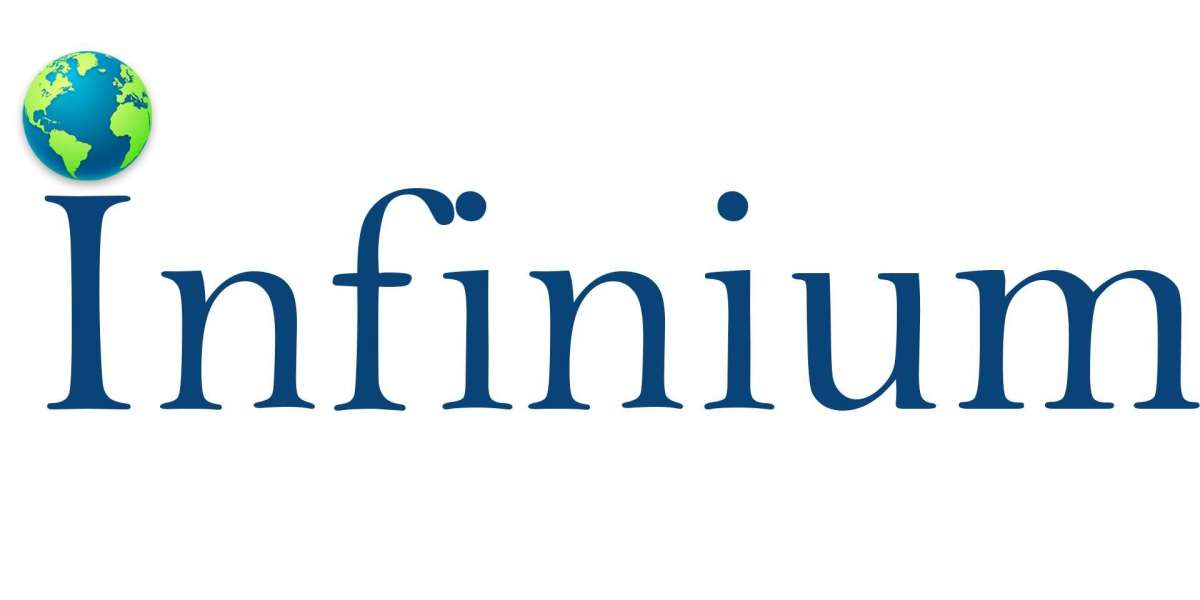Vendor Selection Process
Choosing the right vendor for your wellness program is crucial to its success. When selecting a vendor, consider factors such as their experience in the industry, the range of services they offer, and their track record of success with other organizations. It is also important to review their contract terms to ensure they align with your organization's goals and objectives.
- Experience in the industry
- Range of services offered
- Track record of success
Contractual Agreements
Once you have selected a vendor, it is essential to establish clear contractual agreements that outline the scope of work, deliverables, and timelines for the wellness program. The contract should also address key considerations such as data security, confidentiality, and liability issues to protect both parties involved.
According to a recent study conducted by the Society for Human Resource Management (SHRM), 76% of organizations have contractual agreements in place with their wellness program vendors to ensure clear expectations and accountability.
Scope of Work
The contract should clearly define the scope of work to be performed by the vendor, including the specific services they will provide and any deliverables expected. This helps to establish clear expectations and minimize potential misunderstandings between both parties.
Research conducted by the International Foundation of Employee Benefit Plans (IFEBP) found that organizations with clearly defined scopes of work in their vendor contracts were more likely to achieve their wellness program goals and objectives.
Data Security and Confidentiality
Given the sensitive nature of employee health information, it is crucial to address data security and confidentiality in the contractual agreement. The vendor should outline the measures they will take to protect employee data and adhere to industry regulations such as HIPAA to safeguard privacy.
According to a survey by the National Business Group on Health (NBGH), 92% of organizations cite data security and confidentiality as top priorities when negotiating contractual agreements with wellness program vendors.
Liability Issues
It is essential to address liability issues in the contractual agreement to protect both parties from potential risks or disputes that may arise during the course of the wellness program. The contract should clearly outline each party's responsibilities and liabilities to ensure a fair and equitable partnership.
Research conducted by the Corporate Wellness Magazine found that organizations that address liability issues in their vendor contracts were more likely to have successful and long-lasting partnerships with their vendors.
Uncover more by clicking now: Saferent Solutions. Nowadays, there is an immense amount of…


